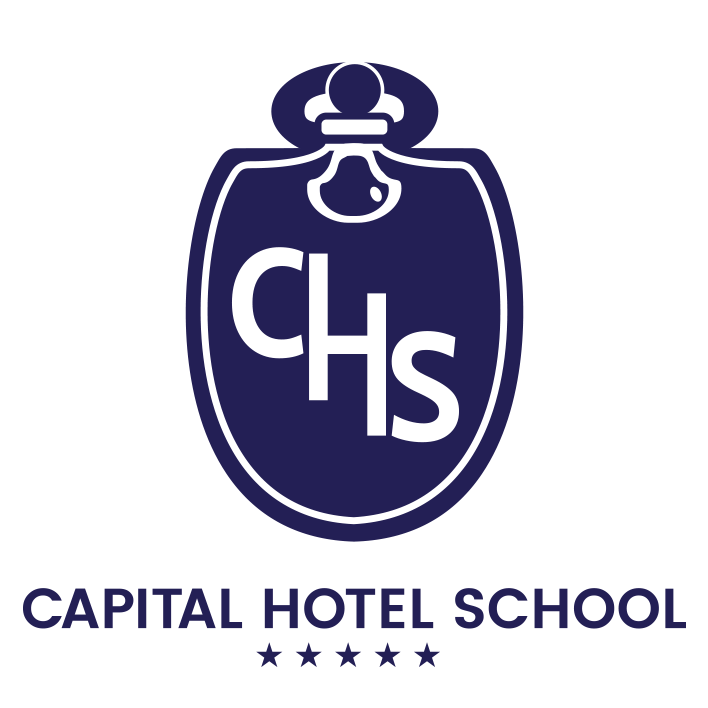The hospitality and tourism industry is resilient and shows continued growth in this new normal where trust is the new currency, innovation is an essential part of everyday life and multi-skilled staff is in clear demand within the corporate and entrepreneurial sector.

The hospitality and tourism industry is resilient and shows continued growth in this new normal where trust is the new currency, innovation is an essential part of everyday life and multi-skilled staff is in clear demand within the corporate and entrepreneurial sector.
The Hospitality Management Programme meets the above criteria; it does not only equip learners with essential technical (hard) skills but emphasizes the importance of soft (life) skills to enable learners to fit in at the workplace and eventually progress from managers to leaders.
The generic learning offerings in the curriculum ensure a high degree of portability and enable learners to enter multiple job roles and careers in their quest to meet individual and organisational requirements.
Learning Outcomes
General Hospitality Skills with the emphasis on guest relations
Food and Beverage Service and Management
Events Management
Rooms Division Management (Front Office and Accommodation Services)
Leadership Skills and Entrepreneurship
Human Resource Management
Business Management (sales, marketing, finances)
Basic Food Preparation and Cooking Skills
Self-Development and Workplace Readiness (emotional intelligence)
Additional National and International Courses
Passionately embracing hospitality education and training through innovation and distinction is the motto of the capital hotel school (CHS) that opened its doors in january 2001 in pretoria.
Our mission is to offer relevant and current accredited hospitality education and training programmes to school leavers and employed staff; empowering aspiring and qualified chefs and hospitality management candidates to get employment, advance their skill set and excel in the workplace.
© 2025 coursetakers.com All Rights Reserved. Terms and Conditions of use | Privacy Policy